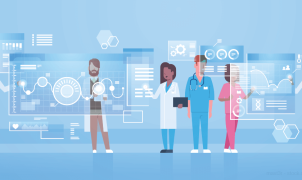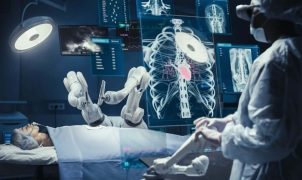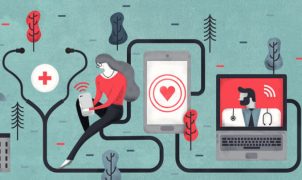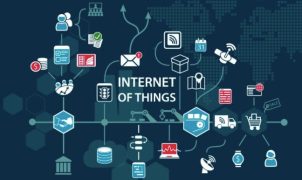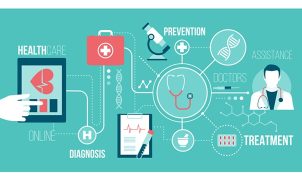In the realm of healthcare, technology has emerged as a transformative force that revolutionizes how medical needs are met. With the rapid advancements in the digital landscape, the role of technology in healthcare has evolved from being a mere tool to becoming a cornerstone of effective medical services.

Telemedicine: Bridging Gaps and Expanding Access Telemedicine, powered by technology, has redefined the way medical care is delivered. It enables patients to consult healthcare professionals remotely through video calls, allowing swift diagnosis and treatment without geographical constraints. This breakthrough has proven invaluable, especially in rural or underserved areas where access to medical facilities is limited.
Diagnostic Precision: From Data to Insights Technology has significantly enhanced diagnostic accuracy. Advanced imaging techniques, such as MRI and CT scans, provide intricate details of internal structures, aiding in early detection of diseases. Additionally, data-driven analytics assist in identifying patterns and anomalies, enabling healthcare providers to make informed decisions swiftly and accurately.
Personalized Treatment Plans The role of technology in meeting medical needs goes beyond diagnosis. It extends to personalized treatment plans. Genetic testing and precision medicine leverage individual genetic profiles to tailor treatments for better outcomes. This targeted approach minimizes adverse effects and optimizes the effectiveness of medical interventions.
Remote Monitoring and Wearable Devices Wearable devices, like smartwatches and fitness trackers, have empowered individuals to monitor their health proactively. These devices track vital signs, physical activity, and sleep patterns, providing insights that can guide individuals to adopt healthier lifestyles and allow healthcare professionals to monitor patients remotely.
Digital Health Records: Streamlining Healthcare The transition from paper-based records to electronic health records (EHRs) has streamlined healthcare processes. EHRs store patient information securely, enabling easy access for healthcare providers and reducing errors resulting from manual record-keeping.
In conclusion, the role of technology in meeting medical needs is pivotal in modern healthcare. From telemedicine and diagnostic precision to personalized treatment plans, remote monitoring, and digital health records, technology empowers both patients and healthcare professionals, ensuring that medical services are efficient, accessible, and personalized.
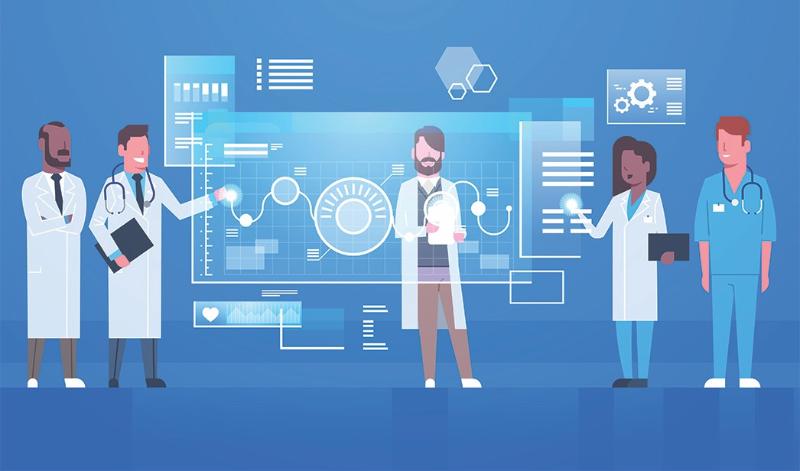
Empowering Healthcare: Technology’s Impact on Meeting Medical Needs
In the era of rapid technological advancements, healthcare has not remained untouched. Technology has not only transformed the way we live but has also revolutionized the healthcare sector, profoundly impacting how medical needs are met.
Enhanced Diagnosis and Imaging Sophisticated imaging technologies, like MRI, CT scans, and ultrasounds, provide healthcare professionals with detailed insights into the human body’s intricacies. These tools enable accurate diagnosis and early detection of diseases, thereby improving treatment outcomes and reducing the need for invasive procedures.
Remote Consultations: Breaking Barriers The emergence of telemedicine has shattered geographical barriers. Patients can consult specialists from the comfort of their homes, minimizing travel and wait times. This technological advancement proves especially beneficial for patients with chronic illnesses or those living in remote areas.
Precision Medicine: Targeted Treatments Technology has paved the way for personalized medicine. By analyzing an individual’s genetic makeup, doctors can tailor treatments to the patient’s unique biology. This approach not only enhances treatment efficacy but also reduces adverse effects.
Digital Health Tools: Empowering Individuals Mobile apps, wearable devices, and health-monitoring gadgets have put the power of healthcare in the hands of individuals. These tools allow people to track vital signs, exercise routines, and nutritional intake, empowering them to take charge of their health and make informed lifestyle choices.
Electronic Health Records: Seamless Data Management The adoption of electronic health records (EHRs) has streamlined patient care. EHRs consolidate medical information, ensuring that healthcare providers have quick access to comprehensive patient histories. This eliminates redundancy, reduces errors, and enhances communication among medical professionals.
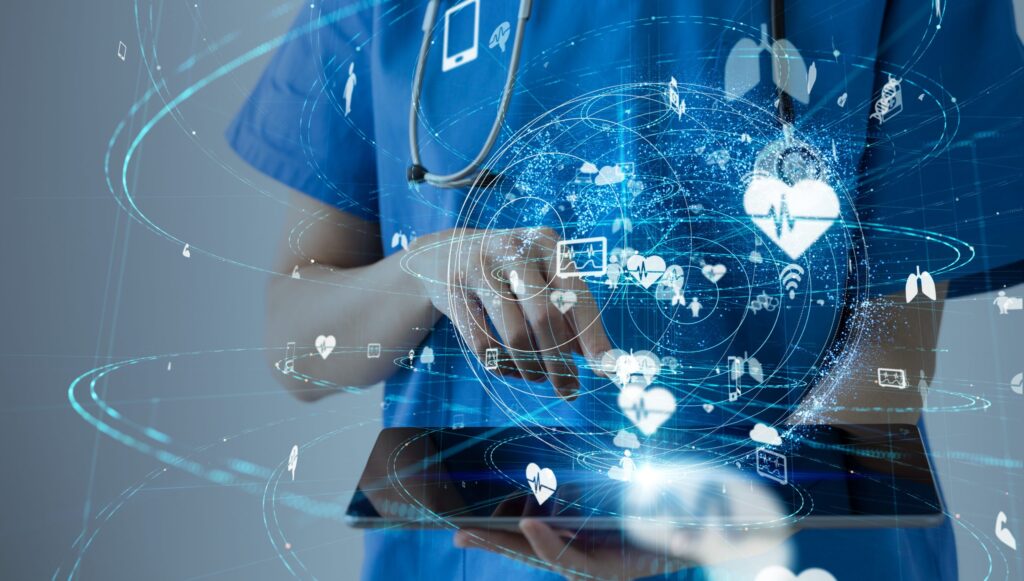
In summary, the role of technology in meeting medical needs is transformative. From improved diagnosis and remote consultations to precision medicine, digital health tools, and electronic health records, technology empowers both patients and healthcare providers to navigate the complex healthcare landscape with greater efficiency and effectiveness.



